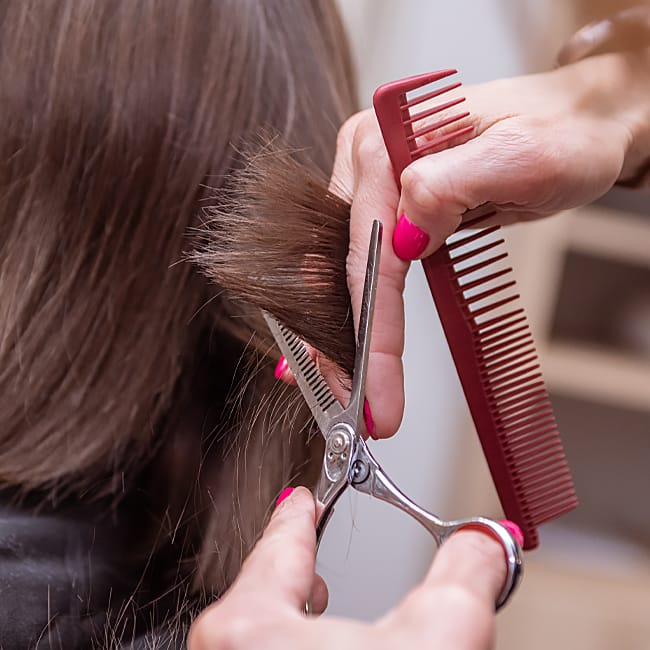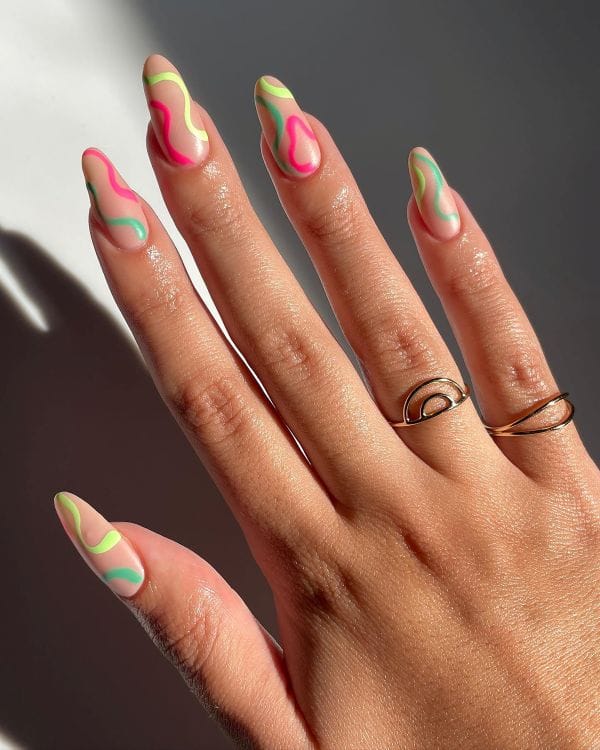This is an archived article and the information in the story may be outdated. Please check the time stamp on the story to see when it was updated last.
Sunscreen is one of the most important products to use on your skin throughout the summer months and beyond, and a scary new recall has brought forth the question: how can you be certain your skincare routine is actually keeping you safe? On July 14, Johnson & Johnson recalled five Aveeno and Neutrogena sunscreen products as they were found to contain traces of the chemical, benzene. The appearance of benzene in a variety of samples from these products is concerning as the chemical has been known to cause cancer when used consistently over time, and these sunscreens have now been on the market for months.


Johnson & Johnson issued the recall last Wednesday, warning consumers to stop usage of the five aerosol sunscreens immediately, listing the contaminated products as: Aveeno Protect + Refresh aerosol sunscreen, and four Neutrogena sunscreen versions: Beach Defense aerosol sunscreen, CoolDry Sport aerosol sunscreen, Invisible Daily Defense aerosol sunscreen and UltraSheer aerosol sunscreen. While the levels of benzene found in the products were low, the chemical can still pose a significant threat with repeated use.
The recall, which spans all SPF levels and can sizes, was made last week after the company Valisure tested 294 batches from 69 different companies. With this, they found 78 sunscreen and sun related products which appeared to contain the chemical benzene. The Aveeno and Neutrogena sunscreens were distributed nationwide and have been rolled back since the recall last week, with J&J urging customers to throw away the aerosol products they may have already purchased that fell under the names being recalled.

However, Neutrogena and Aveeno were not the only brands that came under fire for their possible contamination of benzene. Based on Valisure’s findings, the FDA is being called to roll back sunscreens from the brands Sun Bum, Fruit of Earth, and even CVS as they all have tested positive for traces of the chemical. According to the American Cancer Society, “Benzene is known to cause cancer, based on evidence from studies in both people and lab animals. The link between benzene and cancer has largely focused on leukemia and other cancers of blood cells.” A number of studies have also found that cases of leukemia are often higher in those who work in environments where they may be exposed to benzene, such as “chemical, shoemaking, and oil refining industries.”
Johnson & Johnson wrote in their statement, “While benzene is not an ingredient in any of our sunscreen products, it was detected in some samples of the impacted aerosol sunscreen finished products. We are investigating the cause of this issue, which is limited to certain aerosol sunscreen products.” Moving forward, brands such as Supergoop, Cocokind, and Versed offer reef safe, cruelty free sunscreen options which will protect your skin and prevent melanoma without causing other forms of cancer along the way.


























